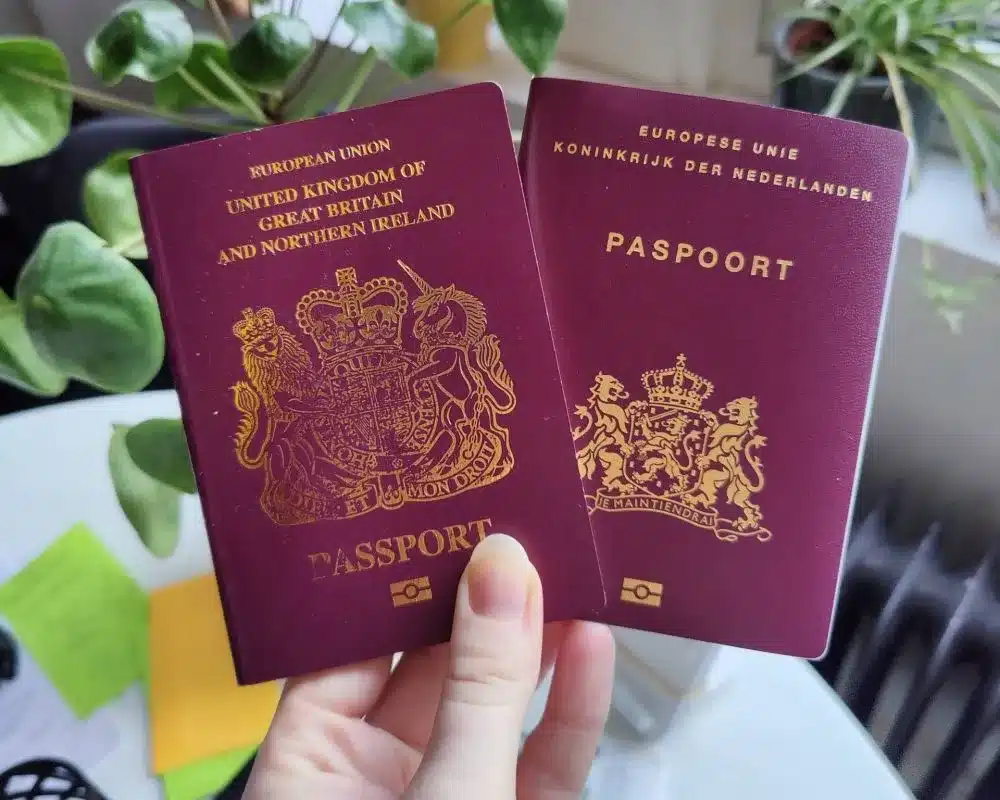Four political parties in the Netherlands—PVV, VVD, NSC, and BBB—have reached a coalition agreement after months of negotiations, aiming to tighten several regulations, including integration criteria.
One significant change that will impact foreigners in the Netherlands is the coalition’s plan to increase the minimum residency requirement for naturalization. The standard period for naturalization will be extended from the current five years to ten years, regardless of the type of residence permit, as reported by SchengenNews.
Under this new policy, if the coalition government takes power, foreigners will need to legally reside in the Netherlands for at least ten years before they can apply for citizenship through naturalization. The coalition also plans to impose additional integration obligations, including the requirement for foreigners to renounce their original nationality, if possible, when seeking Dutch citizenship.
Furthermore, the language proficiency requirement for naturalization will be raised from level A2 to B1. Applicants will also need to answer questions about the Holocaust and its victims during the general knowledge test about the Netherlands.
In 2023, nearly 49,000 foreigners obtained Dutch citizenship through naturalization, a slight increase from 2022. Of these, approximately 35,000 were adults and 13,000 were children. Many applicants already had a residence permit for family reunification or asylum.
The coalition also plans to tighten immigration policies further by limiting labor migration and the number of foreign students admitted to universities. They intend to eliminate family reunifications for refugees and introduce stricter rules for work visas. Non-EU workers will face tougher requirements to obtain work permits unless they are skilled in specialized areas. Additionally, the coalition wants to revise the freedom of movement rules for future EU member states, restricting their citizens’ benefits.
The coalition’s proposed changes include abolishing indefinite asylum permits and ensuring the immediate deportation of those whose asylum applications are rejected.



























